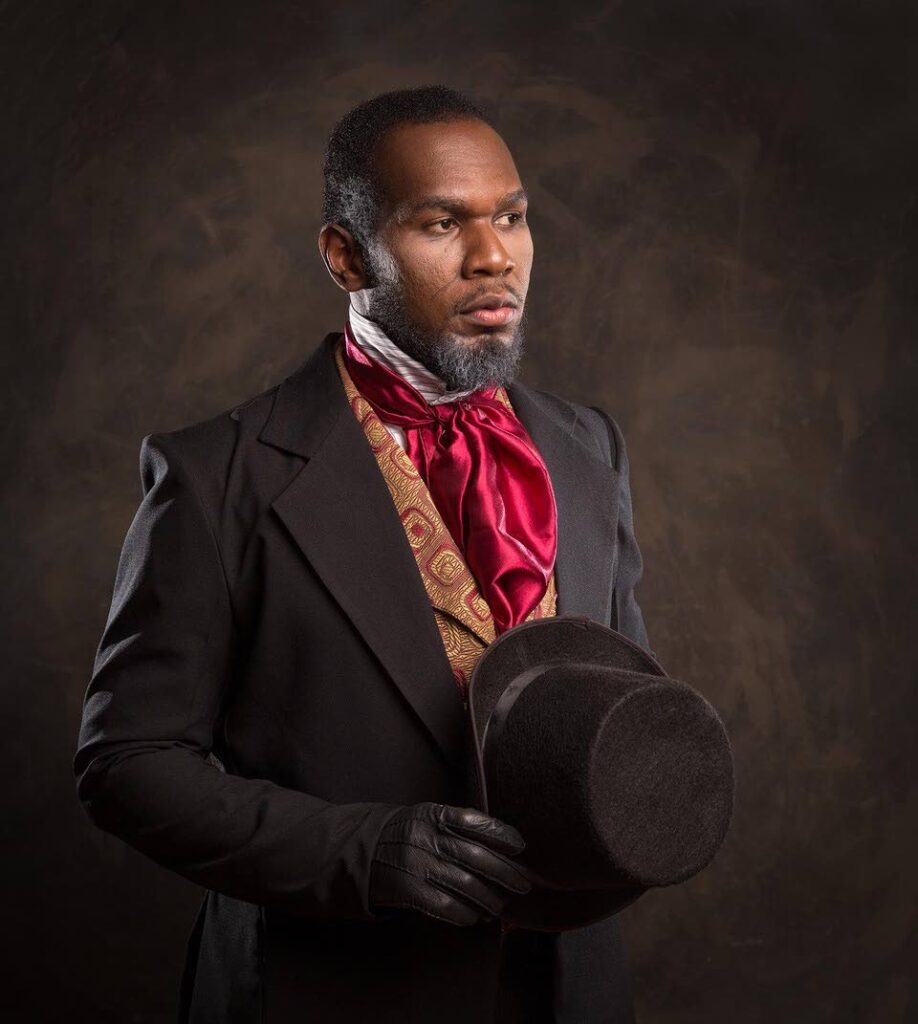The star we lost – Marlon De Bique

LAST WEEK the cultural community was ruing the sudden death of one of TT’s best ever public arts administrators in the making. Marlon De Bique, aged only 45, passed away, snatched from us, while still on his way to realising his full potential as an arts administrator who would really move our cultural sector forward.
I suspect, given his perpetual academic study into arts-related management, including an executive MBA, that he nurtured such an ambition, and anyone with experience of executive management in the sector would know that he had all the necessary attributes to achieve it.
When he left us in the lurch – no acrimony intended – he had already made the transition, in 2020, from cultural officer in the Ministry of Tourism, Culture and the Arts to CEO of Naparima Bowl, San Fernando’s cultural arts centre and a national treasure.
Marlon was known as a star performer of operas, dramas and musicals. He sang with the Marionettes and several of our best-known operatic singers, going abroad with them. A two-year international tour that involved 70 performances of Porgy and Bess in such culturally diverse countries as Australia, New Zealand, Russia, Poland and Britain would have taught him the rigours of the artiste’s life on the road, of the professionalism and discipline needed, of mastering the skill of managing his own artistic ego and calming and reassuring that of others.
He learned how a show happened, from beginning to end, and knew that the performance is the final layer of a multifaceted production, and beneath it lies all the mass of infrastructure and preparation that allows that final flash, the brilliance and joy when it all comes together on the night. He also knew and was unfazed by the high degree of accountability needed when operating, especially in the public sector. In fact, he understood the system so perfectly that he excelled at finding solutions to major problems. He was my go-for whenever I hit a bureaucratic block and, judging from the many warm tributes from culture sector practitioners, he did that for everyone.
It is hard to believe that when our paths first crossed he was a mere 31. His confidence and good judgement as a relatively junior public servant (working in the planning and development of cultural festivals) were immediately evident.
I have no idea who exactly cut the deal, but Marlon was the intermediary between the NGO I founded, the Bocas Lit Fest, which is dedicated to the development and promotion of writers and literature, and the the National Library and Information System Authority (Nalis). As a result, the national library became the home of this country’s annual literary festival for the last 14 years. I remember when he informed me that the decision had been made, if I wanted to proceed, and the relief I felt, since I had not imagined such a thing possible, although I had indicated to the ministry our desire to work alongside Nalis.

It was a very natural partnership, but not one my tiny organisation could broker.
I cannot be sure, but judging from all my other professional encounters with Marlon, I imagine he would have needed little encouragement to take on the task of bringing the two entities together, despite knowing there might be minds and hearts to be won over.
I also believe he might have been selected to do that job by the then-director of culture at the ministry, Ingrid Ryan Ruben, who could spot talent and grow it.
He was in the right place at the right time. Under her experienced directorship and bold leadership there was a significant leap in the development of arts infrastructure in TT. Marlon worked in the department where the idea for the first national artist registry in the Caribbean was conceptualised and managed. It was during that time that, finally, there seemed to be a clear understanding of the value and needs of the cultural sector and real opportunities were created.
This led to a definite growth in and support for the sector and its various communities. The National Philharmonic Orchestra and the National Arts Company were born during Ryan Ruben’s time and Marlon had a front-row seat during that positive change in the usually reluctant public sector.
Artists perform but few are good administrators. Marlon, the singer, designer, cultural ambassador was that rare thing – a superb artist who valued the underpinning of the arts as a concept as much as the quality of onstage production. I predicted that after success at Naparima Bowl he would assume a larger national role in the overall support and leadership of the national cultural sector.
Most arts practitioners lack Marlon’s stomach for bureaucracy, his specific training, management and negotiating skills, even his big vision. They exist out of a desire to perform and to enrich our culture, knowing that artistic expression is critical to them and a healthy society but fall at the many hurdles.
Alas, Marlon will be unable to lead us to the promised land.
Thank you, Marlon, for your artistry, your counsel, the professional partnership and your unstinting support. RIP.

Comments
"The star we lost – Marlon De Bique"